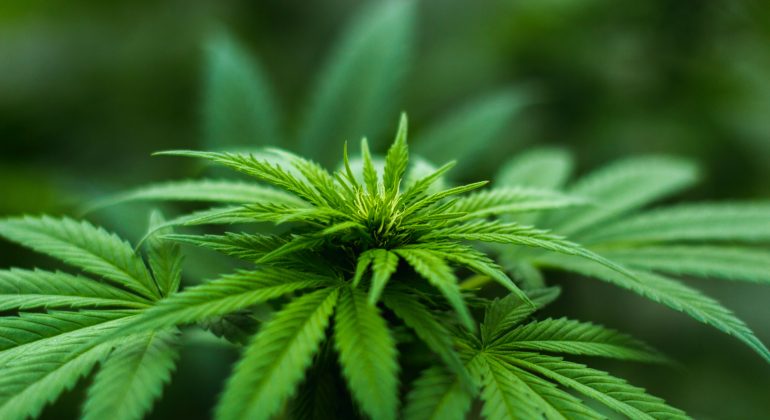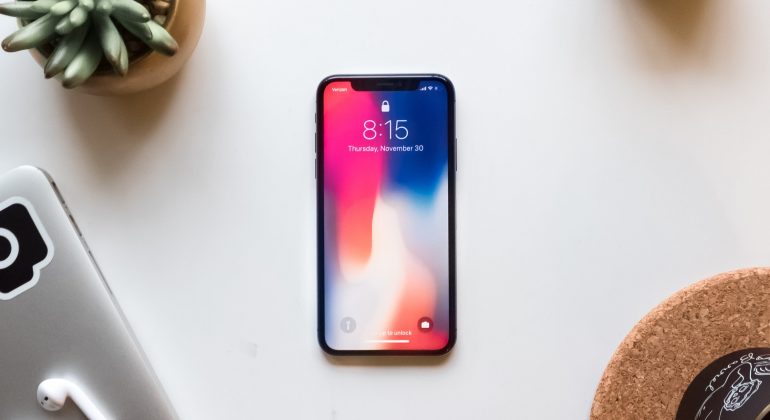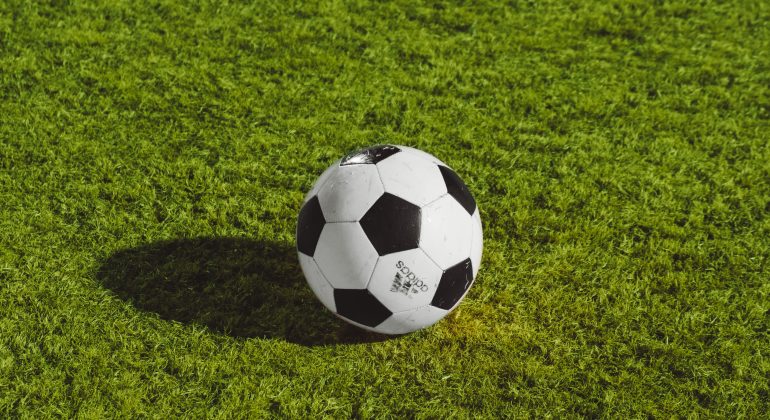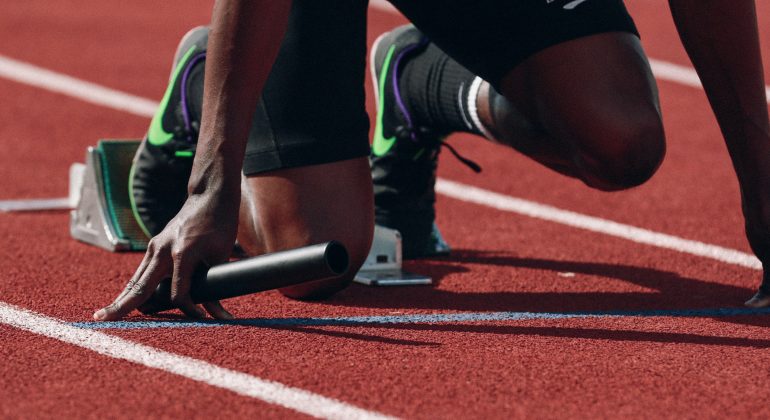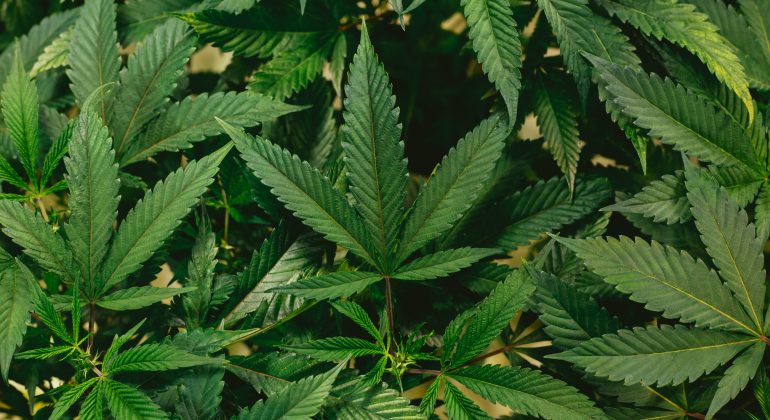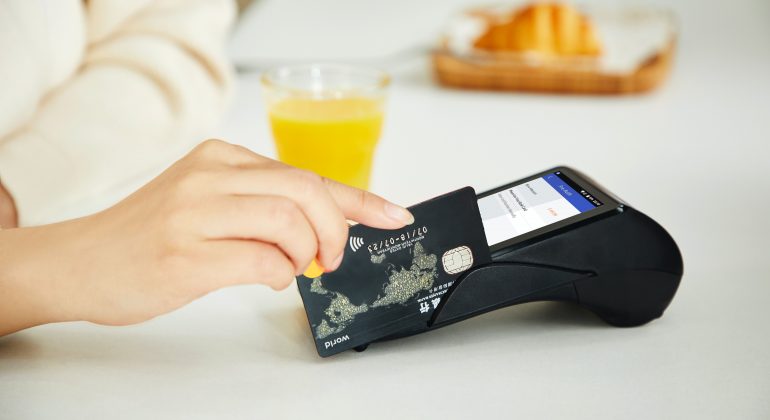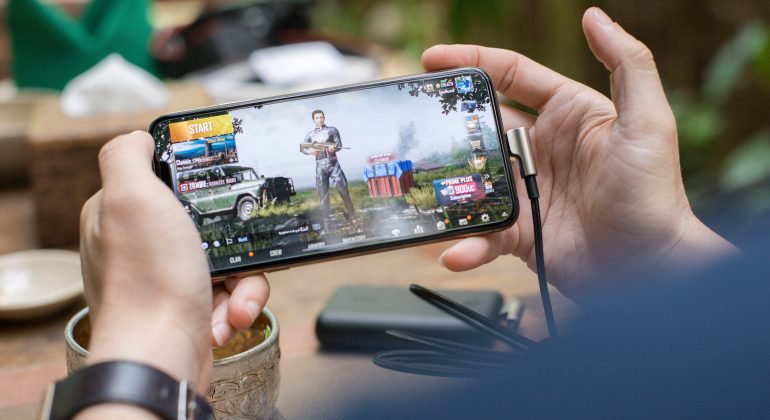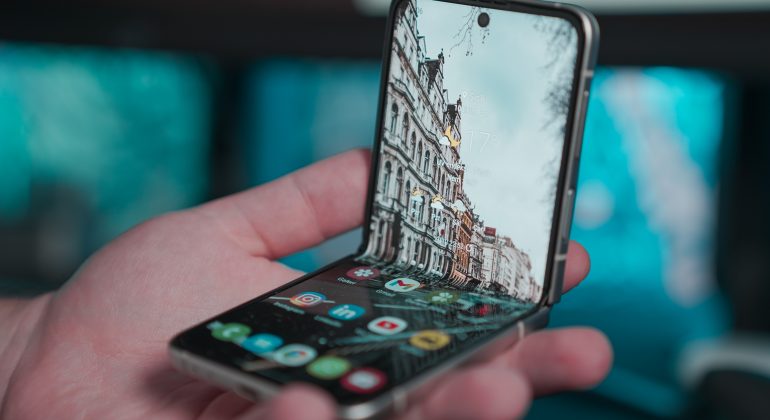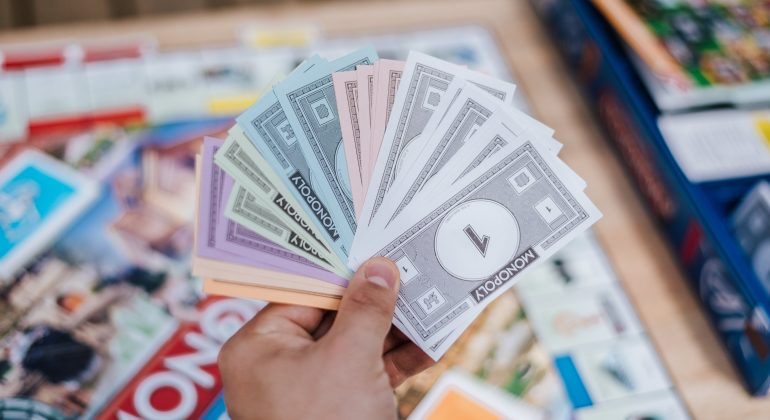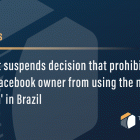Disney files patent for glasses-free virtual reality technology
The Walt Disney Company obtained a patent for a device capable of producing virtual reality and augmented reality without the need for glasses, headsets, or digital devices. Virtual World Simulator had its name registered with the US Patent and Trademark Office on December 28 and should bring something unprecedented until then.
The patent suggests that Disney intends to raise the level of digital simulation to something unprecedented, far beyond virtual reality and augmented reality, two of the main production focuses of large technology companies. The Disney theme parks metaverse must connect digital, data, and physical elements in a “virtually enhanced physical reality and physically persistent virtual space,” according to the documentation.
Disney would be willing to create a virtual universe inspired by Disneyland that would allow the simulation of animated characters and theme park attractions in a virtualized, 3D, and realistic way. The technology would use three-dimensional images generated by multiple projectors capable of generating a high rate of images per second.
How does Virtual World Simulator work?
The premise of Virtual World Simulator would be the use of the SLAM (Simultaneous Localization and Mapping) technique, which tracks in real-time the user’s point of view and implements changes in the images, which gives a sensation similar to being in motion.
The 3D virtual effects would be projected onto real park locations and could bring animated characters to life or simulate animated objects, props, and artwork. If all goes well, the experience of visiting Disneyland and Walt Disney World parks could deliver an even more enchanting and unique experience.
According to Founders Legal’s technical and patent technology consultant, John DeStefano, the entertainment giant would come out ahead of competitors by bringing simulations independent of the phone screen or headphones. “Disney has developed a system that is almost similar to a movie projector to project onto a real surface what humans see on a screen,” he explained in an interview with SiliconValley.
There’s still no time frame for Disney to deploy the Virtual World Simulator technology, but it likely won’t take that long, as the patent is often one of the last processes performed in the development of a product.
Source: CanalTech


